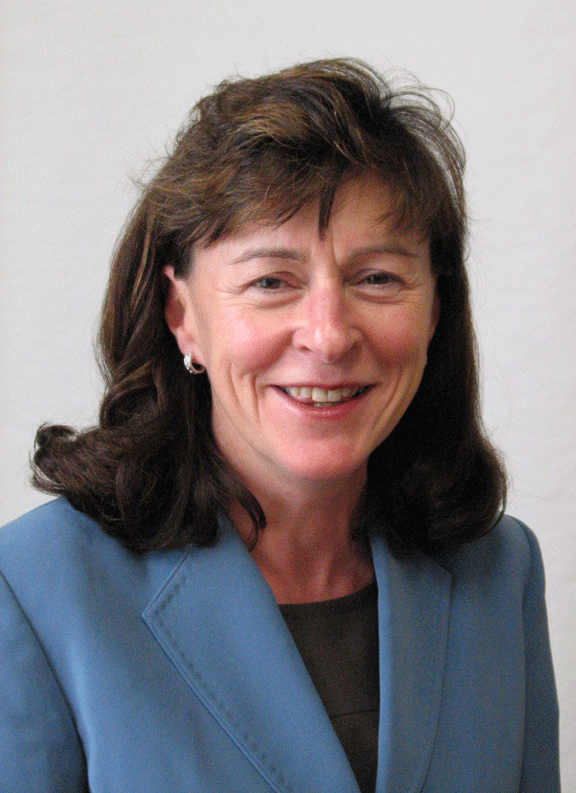College, unit contingencies needed for budget adjustments
University finance officials are looking to recover some of the millions of dollars that have accumulated over the years in college and unit contingency funds in order to help the institution cover the one-time costs associated with reducing its operating budget.
By Colleen MacPherson "You can think of them as college or unit savings accounts," said Laura Kennedy, associate vice-president of financial service and university controller, describing the contingency funds. "Any operating surplus would go into the fund as would, for example, salary savings from a college having a vacant position."
"You can think of them as college or unit savings accounts," said Laura Kennedy, associate vice-president of financial service and university controller, describing the contingency funds. "Any operating surplus would go into the fund as would, for example, salary savings from a college having a vacant position."
But unlike many other universities, the U of S has no recovery policy that would allow it to "take part or all of the unspent monies back at the end of the year."
Kennedy said that as of April 30 this year, the total amount of money being held in college and unit contingency funds was $76.2 million. By comparison, the Board of Governors' operating reserve currently sits at about $18 million. The board is required by policy to keep between one and four per cent of its total operating budget in reserve and $18 million "is at the top end of that range." Kennedy added the distribution of contingency funds is quite variable and there are some colleges and units with small deficits rather than contingencies.
Recovering a portion of the accumulated contingencies has become necessary because the university has few options for finding the one-time or transition funding it needs to make the required permanent reductions to its operating expenses, said Kennedy. A total of $20 million is required to achieve the goal of cutting $44.5 million annually from the operating budget by 2016. Explaining one-time funding and how new expenditures can generate on-going savings, she said the university might, for example, "want to pay for an IT project today that will save salaries in the long run, or do renovations to a room in order to accommodate larger classes."
The board has authorized the use of $10 million from its operating reserve for one-time funding, she added, "but we can't clean that account out."
Talks between Kennedy's office, the office of Greg Fowler , acting vice-president of finance and resources, and college and unit officials about contingency funds have begun. She described it as a fact-finding mission to "better understand the implications and risks for colleges and units. We need to know how the funds are earmarked and, by recovering them, the extent of any risk we'd be taking on centrally.
"We respect that this is a very sensitive topic because people treat budgets and accumulated surpluses as their own and conserve spending," she continued. "It's going to be a very delicate discussion."
Those discussions will continue until mid-November with a recommendation on contingency recovery expected to go before the Board of Governors in December.
"Ultimately what we would like to see in the longer term is an upper and lower limit on these funds," said Kennedy. "We think it's a good idea for colleges and units to have some funds available that will allow them to take advantage of opportunities that arise and also to identify specific financial risks, but we want to take a more thoughtful approach to this."

